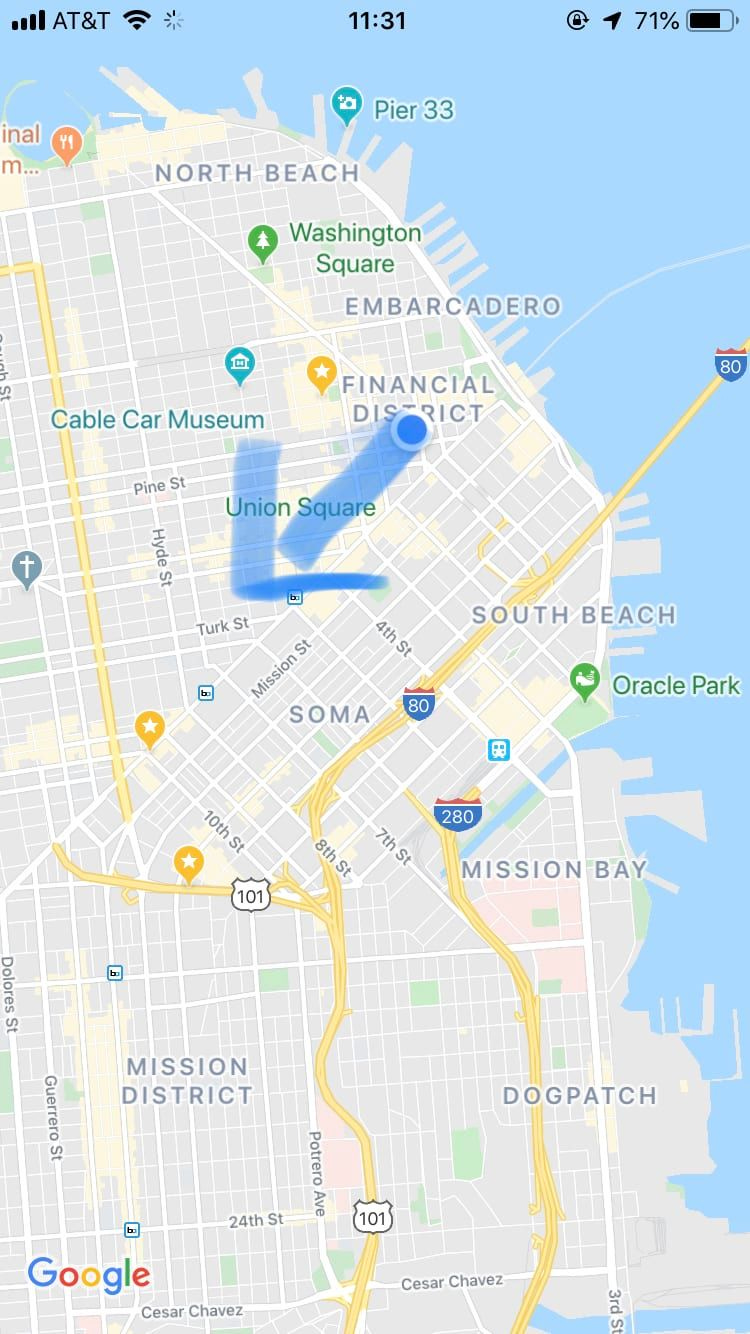Just enough to get into trouble, not enough to avoid disaster
Suman and I were in the back room1 of a wine shop on Friday. Alex, the owner of the shop and the founder of Subject To Change natural wines, was pouring glasses and explaining the story behind each label.
He explained how for a wine to be “Double Zero Wine”, it must either:
- Have nothing added and nothing taken out during the fermentation process;
- Or, be made from organic grapes with nothing added during fermentation.
Alex thinks natural wine should be all of it: organic grapes + nothing added + nothing removed during fermentation.
“People add stuff to the fermentation process?”
“Oh, yes,” he explains. “As much as Americans claim they like dry wines… Most vineyards at a minimum add sugar before fermenting. Gives you sweeter wines with higher alcohol content.”
Then he said: “Unfortunately we [as humans] learned a lot about food science.”
Unfortunately. I’ve noticed this pattern.
We as a species learned how to preserve stuff. It was great! We learned how to prevent botulism and food-borne illnesses. We learned how to prevent the arduous process of canning. Preserving things was now as easy as adding chemicals.
Sourdough bread became Wonder Bread. Fermented strawberries became Smucker’s Jelly. Fermented root beer became Coca-Cola.
A few generations went by and we lost our collective fermentation knowledge. It’s wild that the chefs behind Noma “rediscovered” fermentation. Just a handful of generations ago, food in the Nordics had to be fermented in bulk to last through the snow-drenched winters.
(Fun fact: Rene credits David Chang’s kimchi at Momofuku in NYC as part of their fermentation-reawakening journey.2)
What we didn’t understand when we started artificially preserving food is the importance of our gut biomes. We didn’t understand the impact of sugar or the impact of processed food on our bodies.
We knew enough to get into trouble, but not enough to avoid disaster.
We’ve done this repeatedly throughout history.
We knew just enough about fossil fuels to light them on fire.
We knew just enough about genetics for academics to advocate for eugenics.3
And we knew just enough about food science to add preservatives to all our food.
- “They used to deal drugs out of this room. It was a mess when we moved in.”↩
I’ll be honest with you: David Chang immediately came to mind because of kimchi. He may not remember serving it, but I remember having an oyster topped with kimchi water at Momofuku Ssam Bar and finding it absolutely incredible. He and his team were working a parallel track to our own, learning their way around fermentation and developing new products using age-old techniques. I asked him to come speak at MAD about fermentation. While onstage, he introduced the culinary community to the concept of microbial terroir.
Chang was referring to the largely unseen world of mold, yeast, and bacteria responsible for fermentation. They are omnipresent, transcending countless cultures and culinary traditions. What Change was saying was that the microbes indigenous to any given region will always have their say in the flavor of the final product, in the smae way that soil, weather, and geography affect wine. Rene Redzepi, The Noma Guide To Fermentation




